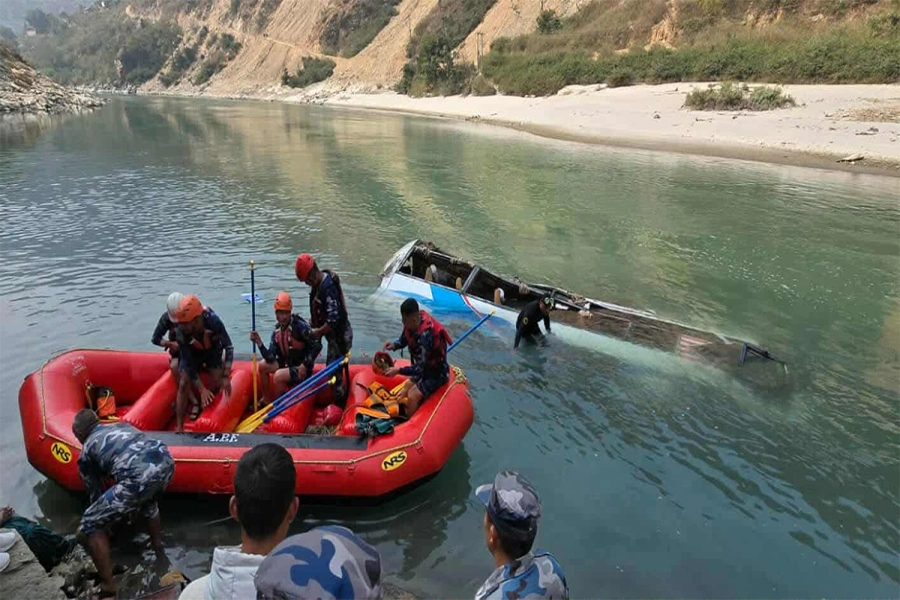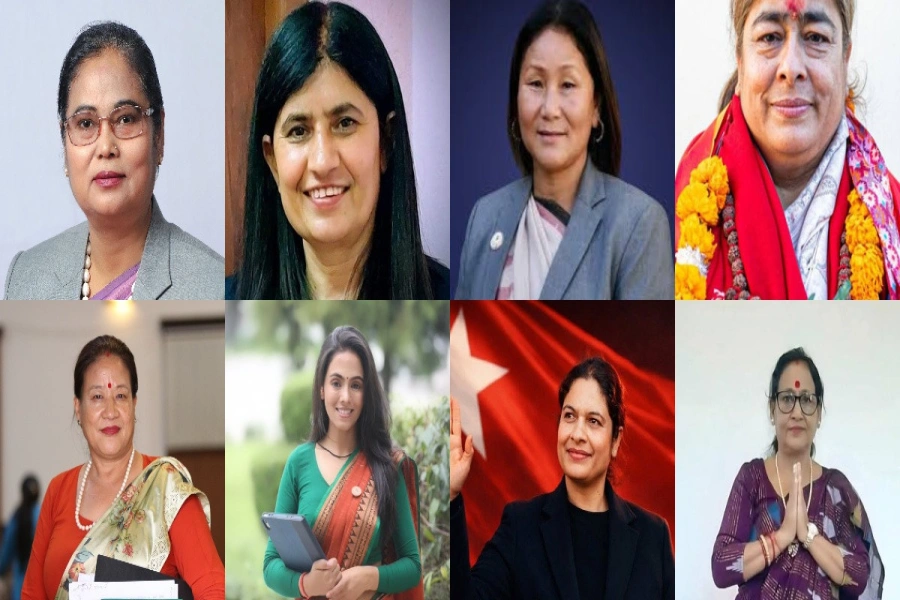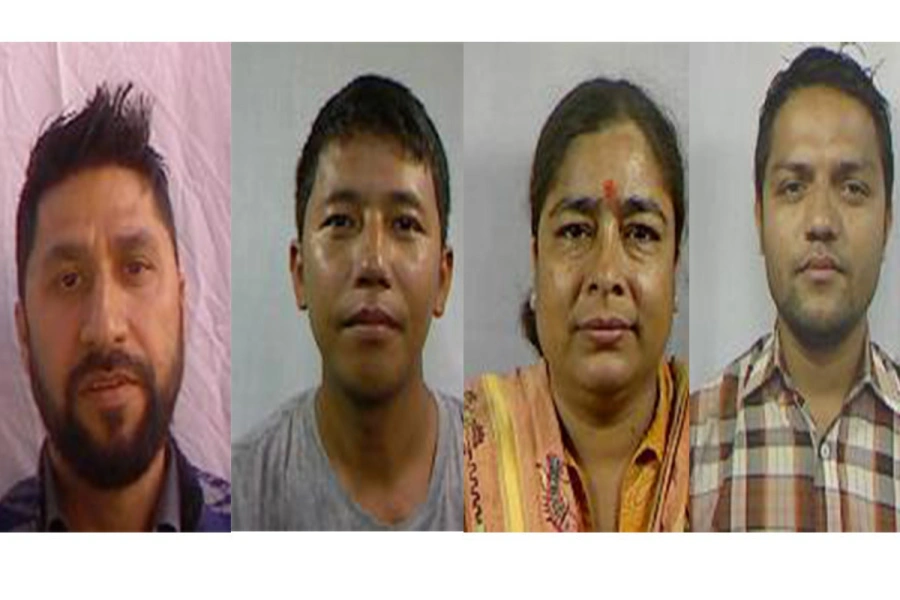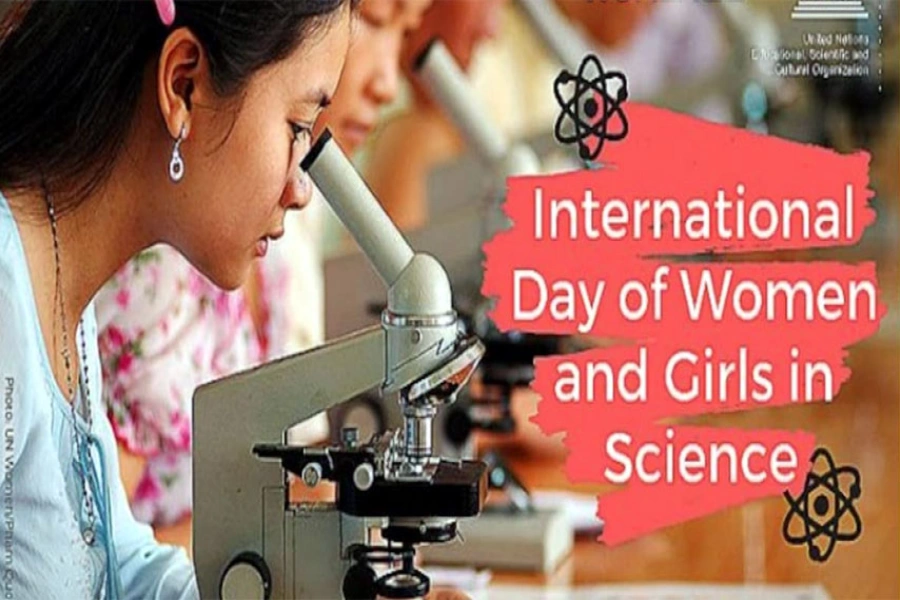KATHMANDU, Sept 20: Organizations and groups of students in Nepal are all set to lead a march against climate injustice on Friday. Community Police officials to stakeholders involved in sustainable development are participating alongside students in different cities.
Students in Nepal planned the event as per an international campaign launched by students and youths in various parts of the world.
Representative of various organizations and stakeholders from different sectors are scheduled to gather at Minbhawan, Baneshwar on Friday. The march will take place in Butwal, Humla and Pokhara, according to Global Power Shift, one of the organizations leading the march.
SHIFT for Our Planet: Youths urge authorities to make climate j...

The movement spanned with the initiation of “Fridays for Future” where thousands of students in Sweden went to protest every Friday instead of going to school.
Recent disasters like storm of Bara district that killed at least 25 people and injured more than 400 people, deaths of hundreds of people in recurrent flash floods and unusual pattern of weather and rainfalls have alarmed people in Nepal as well. At a panel discussion organized by Amnesty Nepal on “climate change intersectional understanding on role of youth”, Manjeet Dhakal, head of LDC support team at Climate Analysis, said, “Nepal has a tendency to play a victim card as an LDC and we plead we are at high risk of climate change in international forums,” .
Dhakal added that the old generation has been observed to pull themselves back from any discussions on climate change. He said, “They think they can get away with it due to which the youth of today need to take the responsibility to clean the mess climate change has been causing”.
Praveen Kumar Regmi, a lecturer at Trichandra Campus, said, “Nepal has 41 percent of youths. At this point, if we aren’t able to utilize and direct them properly in order to secure a safe future from climate injustice, we are bound to be unsuccessful.”
Environment-friendly policies like banning plastics and decreasing pollution in the Kathmandu Valley have largely failed.
Sagarika Bhatta , an environment activist and a program coordinator at Global Power Shift, said that Despite sustainable solutions, Nepal has been going for corporate solutions to development without thinking of the environment impacts. Bhatta explained that our topography and unique position in the world means that as the world heats up, the two billion people downstream could be affected, in some cases leading to forced migration.






































